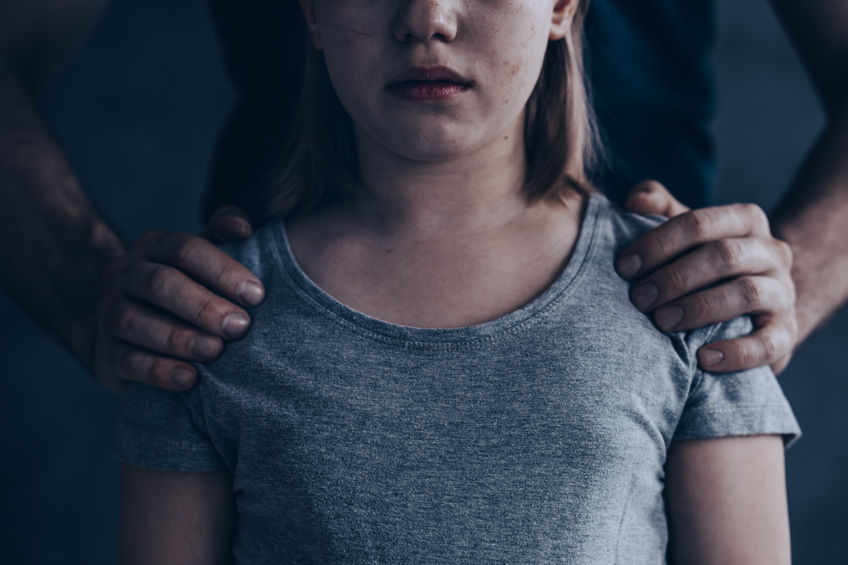
Sadly, according to law enforcement statistics,
- 1 and 5 girls and one in 20 boys will be a victim of child abuse;
- Children are the most vulnerable to sexual assault between the ages of 7 and 13
- According to a 2003 National Institute of Justice report, three out of four adolescents who have been sexually assaulted were victimized by someone they knew well.
These are frightening statistics, but there are things you can do to help protect your child from sexual abuse. It is important to begin these conversations when children are young and reinforce prevention messages often.
Here are 5 prevention messages to use with your child. (Used with permission from the Massachusetts Medical Society):
Are you feeling too worried to talk calmly with your child about safety? A lot of parents feel that way. I help parents feel calm and confident, even in the toughest situations. Click here to book your FREE 20 minute phone consult.
Sarah's work has been featured on:






More Tips For Keeping Your Child Safe
When my daughter was young and I picked her up from a play date at someone else’s house I would ask her several questions, all in the same calm and curious tone:
Did you have fun?
What did you do?
Who else was there?
Did the other kids treat you with respect? Did the adults?
Did anything happen that made you uncomfortable?
Some other tips that I recommend to parents are:
If your child comes to you with a report of abuse it is very important never to blame, shame, punish or get angry with them.
Tell them that you are glad they told you.
Believe them and make sure they know that you believe them.
Tell them it was not their fault.
Tell them that you are going to help the other person to understand that what the other person did was not ok.
Report the abuse to The Department of Children and Families at 617-748-2444 or visit www.mass.gov/dcf to locate the nearest office. After hours, call the Child-At-Risk hotline at 1-800-792-5200.
